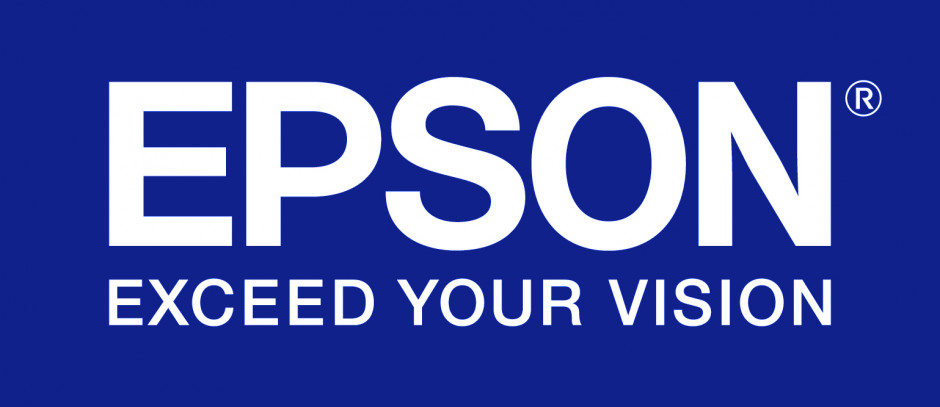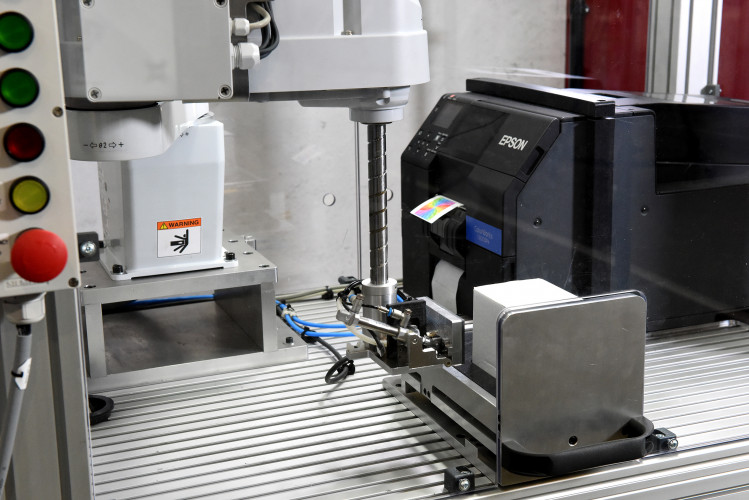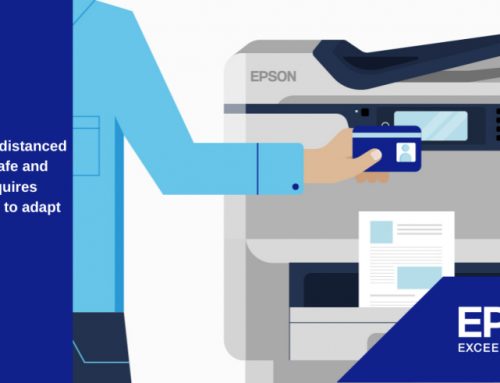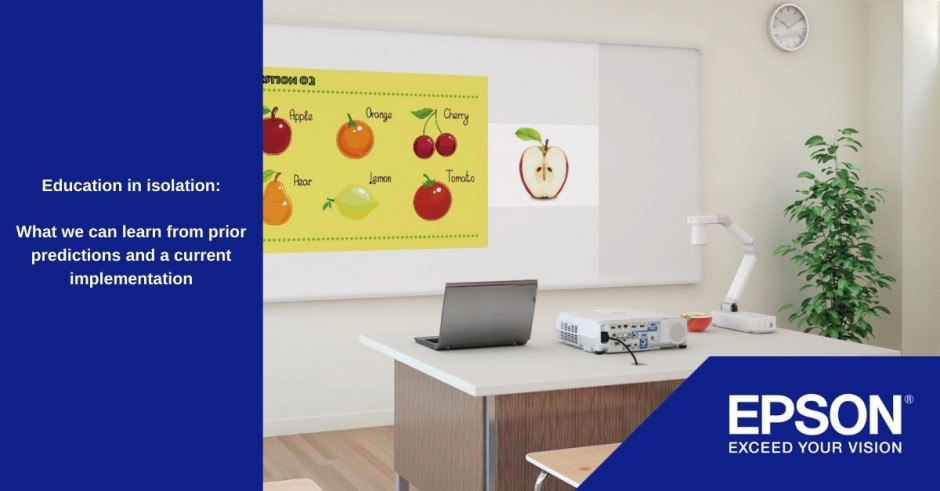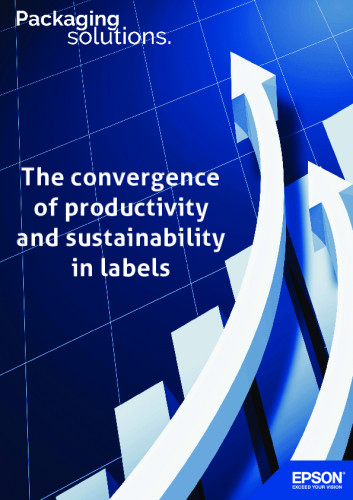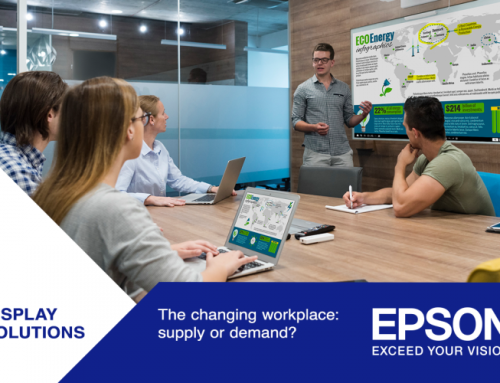Sustainability misconceptions

In a new Epson survey of 500 European corporations, we uncovered that although 68% claim environmental considerations are becoming more important to their organisations, only 23% are using energy efficient computers and printers.
Stark differences in attitudes were revealed between large enterprises and SMEs, with 74% of large enterprises viewing sustainability as a high priority compared to only 33% for SMEs. Perhaps most surprising was that only half (53%) of European companies stated sustainability as very important overall.
While environmental measures such as paper recycling, low energy lighting and increased energy efficient were found to be fairly commonplace, differences in the use of energy efficient IT solutions by organisation size were also evident. Larger enterprises (39%) were more likely to be using energy-efficient IT compared to smaller enterprises (8%) – with cost perceived as the main barrier by SMEs.
By making the switch from laser to inkjet printers, companies can achieve energy savings of up to 96%, CO2 emission reductions of 92% and waste reductions of 95% – offering not only cost efficiencies but energy efficiencies too, and a reason that over half of respondents plan to make the switch in the next 12 months.
But there are still misconceptions surrounding inkjet printing, including only 37% and 36% of respondents believing that inkjet had “lower environmental impact” and “more efficient energy use” respectively – despite 74% still agreeing it was the “lower price” choice between inkjet and laser.
Louella Fernandes, Associate Director, Quo Circa, highlights that: “Those with a higher focus on sustainability will continue to reap the benefits. Just 18% of SMEs are willing to accept additional costs related to improving eco-efficiency, but there are simple, flexible and cost effective products and services available.”
There are options for SMEs in Europe today that can help them transition to more eco-friendly equipment without resource of investment burdens. An example is a Managed Print Service (MPS) such as Epson’s Print 365, or Epson’s many innovations in inkjet printing.
In a time when there is greater pressure for organisations to comply with national and European sustainability regulations and standards, making eco-friendly choices is critical. Epson’s objective, through technology that works in harmony with ecology, is to support businesses of all sizes as they adapt to the growing need for sustainability.
Research from Quocirca Sustainability Study, conducted on behalf of Epson Europe.





